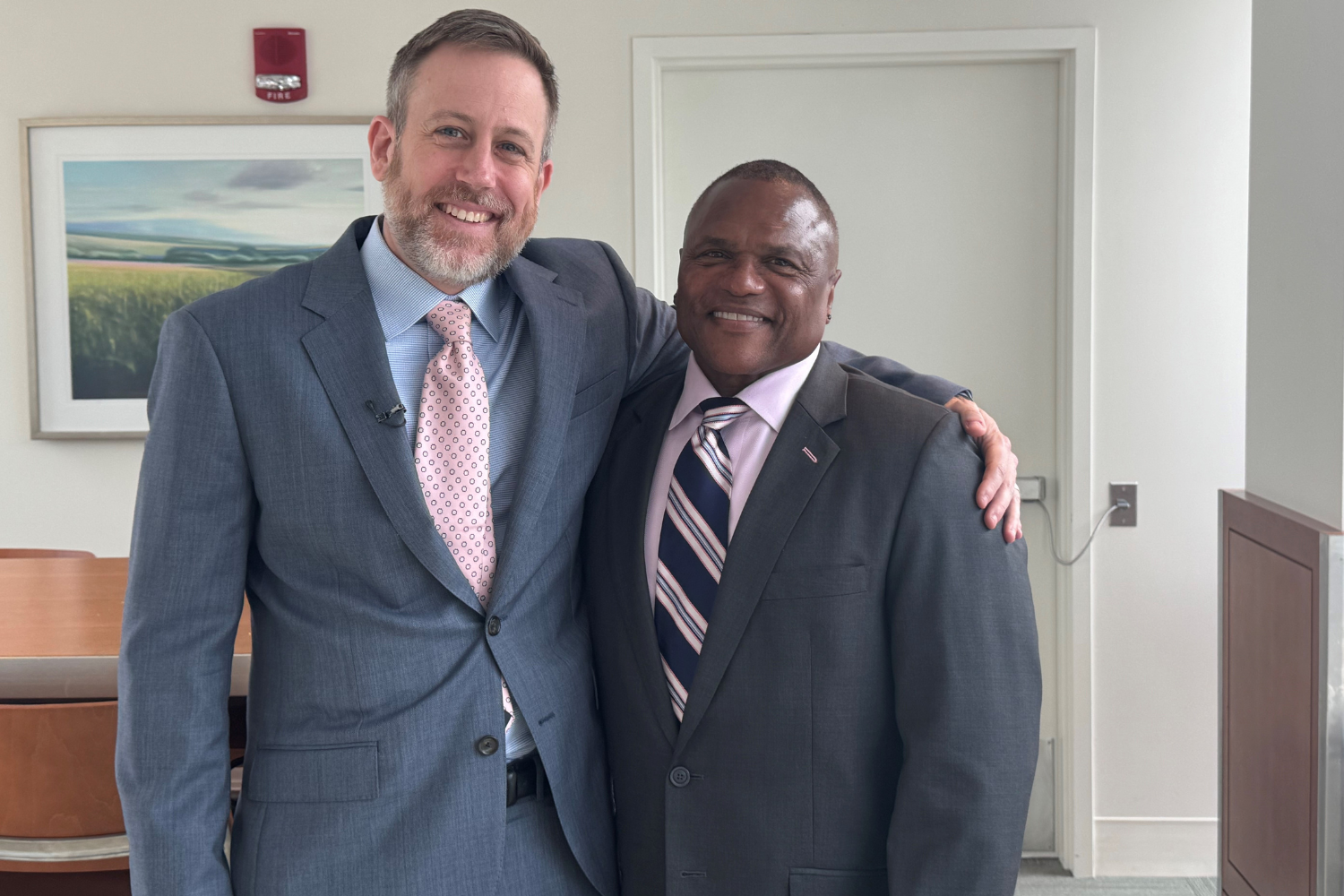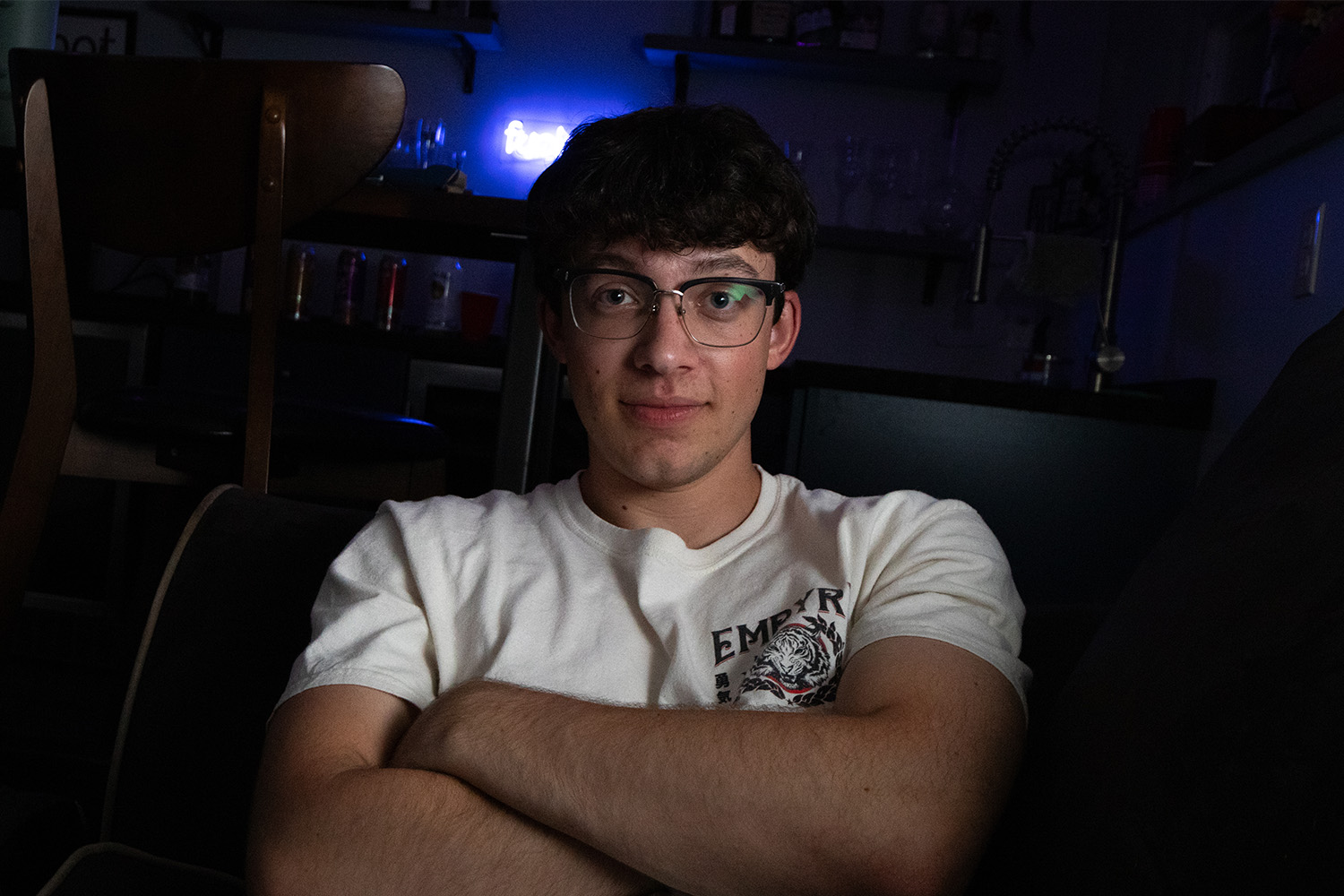Two UConn alumnae have returned to the University to lead its mental health efforts and carry out the priorities recently laid out by the President’s Task Force on Mental Health and Wellness.
Hired through national searches, Kristina Stevens ‘90 (CLAS), ‘02 MSW started her role as Student Health and Wellness’ (SHaW) director of mental health in January 2021 and Mary Painter ‘90 (CLAS), ‘93 MSW came to campus in November 2020 as SHaW’s associate director of mental health.
“Mary and Kristina bring innovative approaches and years of experience with implementing proactive strategies to achieve improved mental health,” says Suzanne Onorato, SHaW executive director. “Filling these two key leadership positions was critical for advancing SHaW’s capacity to increase access to mental health care and to prioritize diverse and inclusive practice, developing and strengthening effective approaches for promoting and supporting the emotional well-being and mental health of all UConn students.”
Both bring decades of experience supporting the well-being of people of all ages in both the public and private sectors. Stevens has worked as a social worker and clinician as well as an administrator “developing strategic plans, cultivating partnerships and designing and implementing effective service systems focused on improving outcomes for children, youth, young adults, and families,” she says.
Painter has primarily worked at nonprofits in behavioral health with families, adolescents, and adults, providing direct service and as an administrator. Both women spent several years working for the Connecticut Department of Children and Families prior to their new positions.
Nationwide, the demand for mental health services has risen dramatically among the college-aged population in recent years, with students’ overall use of those services increasing from 19 percent in 2007 to 34 percent in 2017, a recent study showed.
Like other institutions, UConn has seen significant growth in the use of its mental health services. In the academic year 2018-19, SHaW Mental Health had more than 21,000 encounters with students, up from almost 16,500 in 2014-15.
After the mental health task force — led by Dean of Students Elly Daugherty and School of Social Work Dean Nina Heller — completed its report in November 2020, President Thomas Katsouleas wrote in a letter to the UConn community that he accepted each of the task force’s recommendations and plans were already in motion to implement them. “A key point the task force makes – and many of their recommendations reflect this – is that mental health and wellness must be an institution-wide undertaking, not the work of one department,” Katsouleas wrote. The full report can be found here.
Stevens and Painter say they are thrilled to be able to serve the campus community that gave so much to them as students, bringing to life a strong plan for improvement.

“What is so incredibly exciting about this opportunity is the President and the University’s clear commitment to a holistic and integrated approach to mental health and well-being,” Stevens says. “Integration is not only about supporting the whole individual but also integrating our efforts across the larger University community, allowing us to leverage our collective supports and resources in ways that aren’t always possible.
“The vision has been very clear — and we’re really looking to continue to enhance and support and build a broad and diverse coalition of partners to make sure that students feel that our approach with them is holistic in nature, that it’s about their overall psychological, emotional, academic well-being,” she says. “We want to create the right conditions for them to be successful, both here and in their futures.”
Painter’s responsibilities center on streamlining operations and processes to ensure therapists and counselors have the systems in place to be able to do their best work, she says.
“My whole career has focused on being innovative in behavioral health, and so much has changed in the timeline of my career; it’s amazing,” she says. “I think it’s really important for us to always be challenging ourselves and thinking, ‘how do we need to do things differently?’”
While the struggles college students face remain similar — the stresses of growing up and becoming independent at an age where serious mental health conditions often emerge — evolving technology and the pandemic add new challenging elements to those issues.
“We know a little bit about how the pandemic is impacting this generation, but we’re really trying to figure out what they’re going to need that’s different because of what they’ve experienced. They also communicate differently,” Painter says. “So that’s where we have to think of different strategies to reach, support, and help them.”
Stevens says the team is appreciative of the path that has been laid out to move this work forward.

“I come into this role with the benefit of an enormous amount of work done by the mental health task force. The work ahead is to take those findings and recommendations and bring them to life and make sure those goals and objectives are fully realized,” she says. “And at the same time, integrating these efforts with our JED Foundation partnership, making sure all of those pieces complement one another in a way that is most supportive and helpful to the students and to the University community at large.”
In early 2020, the University launched an in-depth assessment of students’ attitudes, behaviors, and awareness of mental health issues including the Healthy Minds Study, administered to a random sample of 12,000 students.
The assessment, carried out in conjunction with the Undergraduate Student Government, is part of a partnership with the JED Foundation, a non-profit organization that promotes mental health, emotional health and suicide prevention programs among teens and young adults.
The assessment and an independent analysis by Keeling & Associates helped inform the task force report.
“Probably the thing I’m most excited about, as I reflect on my 30 years in the field grounded in working with and on behalf of youth and young adults, is the way the University amplifies the voice of students to really help guide our work together,” Stevens adds. “I couldn’t be more excited about that.”



